Conserving mangroves and saving turtles in Mexico
Get up to speed on the new project’s mangrove monitoring System, Blue Spaces program, and turtle monitoring and conservation efforts.
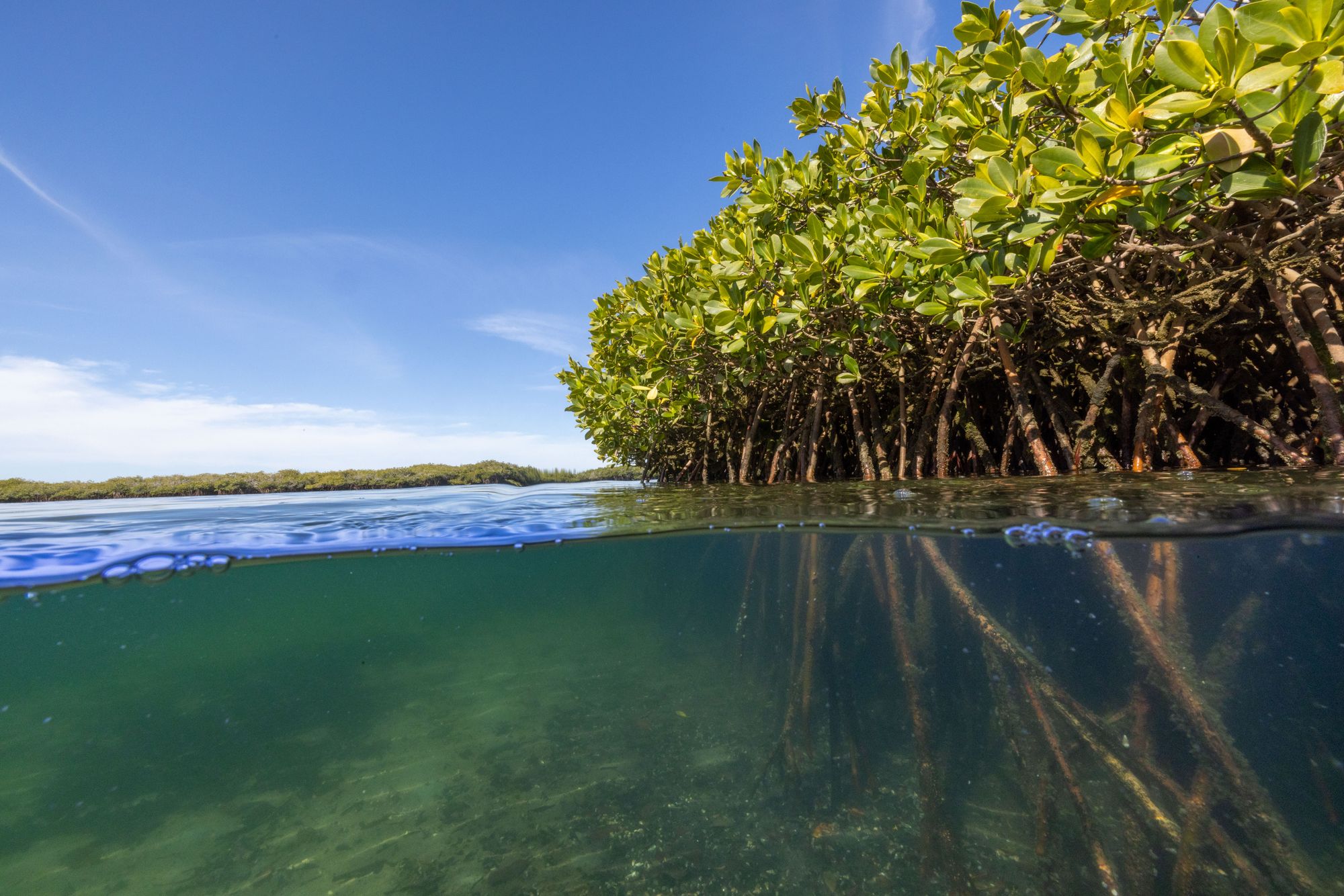
Just the gist
Short on time? Here’s what you need to know for this update:
- 🐢 Protecting, educating, and engaging in mangrove ecosystems — Let’s get up to speed on our new project’s mangrove monitoring system, Blue Spaces school education program, and turtle monitoring and conservation efforts.
- 🤗 Greetings from our mangrove conservation partner — Read the welcome letter from Todd Lemons, CEO of our project partner.
For more project updates, follow Wren on Twitter and Instagram.
Protecting, educating, and engaging in mangrove ecosystems
Our project, Mangrove conservation in Mexico, is working to protect mangrove forests, inform communities about environmental issues, and get local fishers involved in key conservation work. We are thrilled to have this initiative join the Wren Climate Portfolio so that we can continue to protect the diverse ecosystems of Magdalena Bay and make sure that both people and wildlife have a sustainable future.
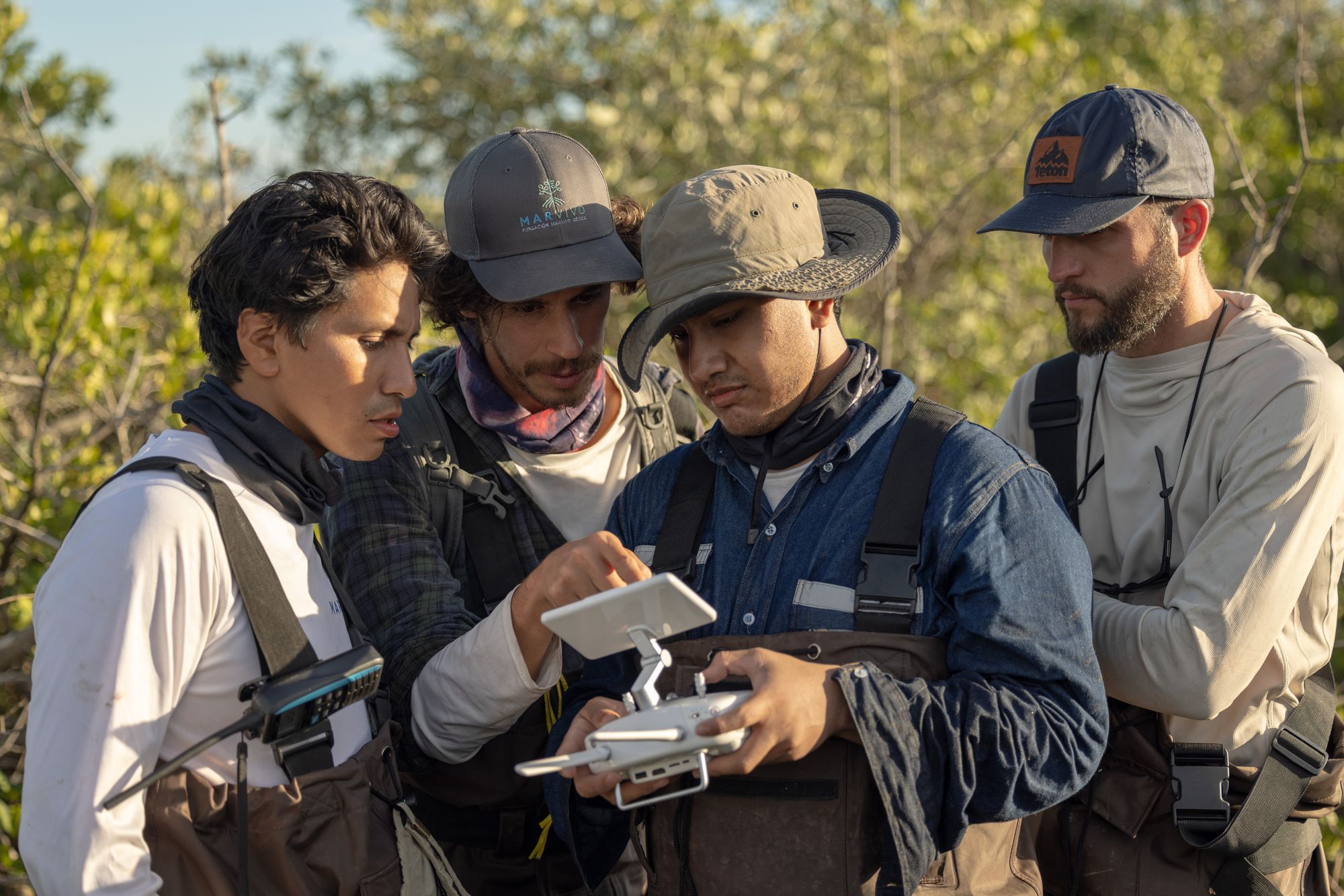
Mangroves can store carbon differently depending on location, species, soil health, and nearby water sources. Because of this, it's important to create protection systems tailored to the local environment. For example, some “dwarf mangroves” in our project area don’t grow very tall due to Magdalena Bay’s unique climatic conditions and need adapted care.
MarVivo, the team working on the project, has developed a monitoring system that uses machine learning to match data from field readings and drone mapping with satellite pictures. This helps find and measure mangrove loss in the area, study and detect possible threats to mangrove health, and protect about 15,000 hectares of pristine mangrove forests from industrial farming or natural threats.
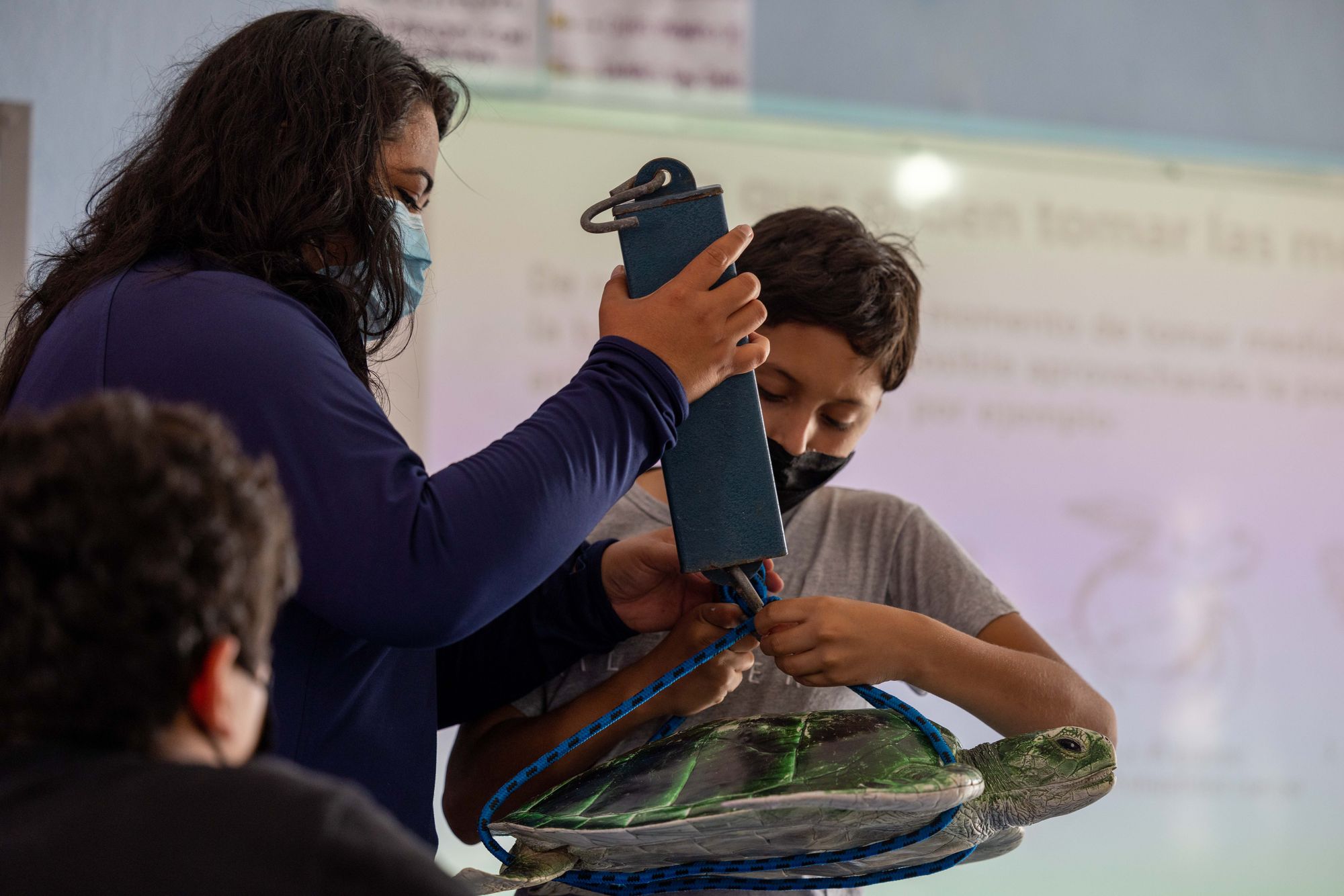
Education in the area is also prioritized with the team’s Blue Spaces program. In its first year, the program taught more than 560 children in Puerto San Carlos schools about the importance of mangroves and local ecosystems. Students still take part in plastic clean-ups in the surrounding mangroves twice a month and are now pushing to ban plastic bags from local shops! The ongoing program is a huge success, with plans to expand in the fall.
Not only does our project protect and teach about mangroves, it also provides training and permits for local fishers to survey the ecosystem's fragile wildlife.
The program monitors six endangered species, including three turtle species. These turtles live in Magdalena’s mangroves for 20–25 years to feed and grow before traveling south to reproduce. These monitoring activities directly help with employment, training, and lowering poverty rates while encouraging better care for the environment.
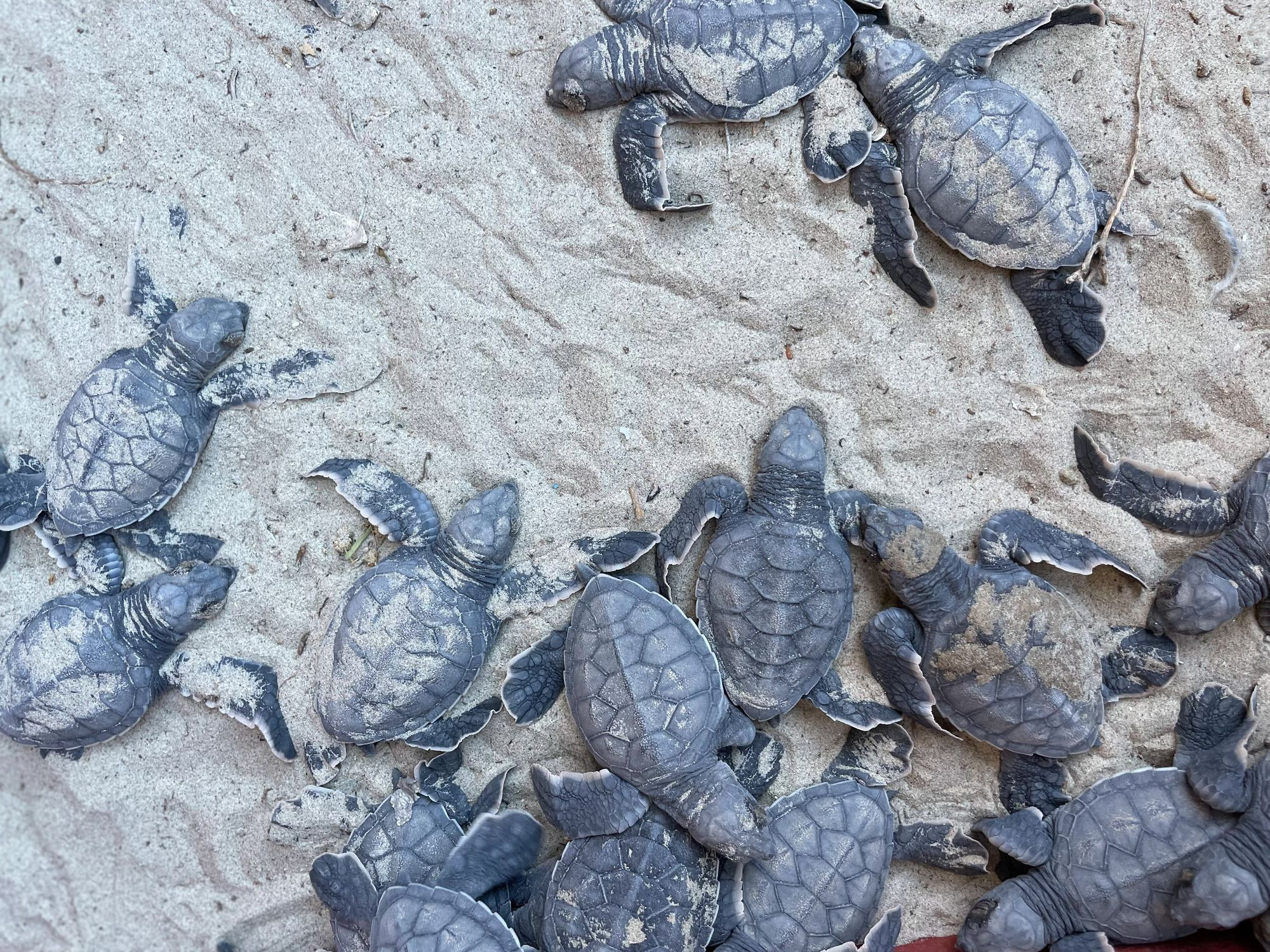
In the last three months, the project’s Turtle Monitoring and Conservation Program has documented 26 individual black turtles—one of three native endangered species of turtles protected by the project. Data is collected on these turtles, including biometrics, photo-ID, and genetic sampling. Keeping a close eye on these species through constant monitoring studies encourages better care for the environment.
One of the biggest failures of science is a lack of information sharing between researchers and affected people—in this case, between fishermen and the rest of the community. But by hiring local people who care about their homes, we’ve seen an organic cascade effect and incorporation of environmental awareness, science, education, data-backed information.
Monitoring their natural resources on a weekly basis also gives fishers important control over local wildlife and the way scientific data is handled. The community gains a collective sense of ownership and re-evaluates the economics of their natural resources in terms of protecting them rather than extracting them.
Greetings from our mangrove conservation partner
Wren’s newest conservation project aims to protect and conserve 14,919 hectares of mangrove forest in Baja California Sur, Mexico. Mangroves are not only climate superheroes but also vital lifelines for local communities and a myriad of marine species.
By protecting these valuable ecosystems, we are not only mitigating the impacts of climate change but also safeguarding the livelihoods of local communities that depend on the natural resources and services provided by the mangroves.

Hello dedicated Wren members,
We are ever so grateful for the support you’ve given as a Wren member to MarVivo in our effort to protect one of the most biodiverse and most endangered ecosystems – coastal mangroves and wetlands. Your support is an important part of both funding and general awareness.
MarVivo is a marine biodiversity conservation project development company. We are pioneering new accounting models for assessing marine natural capital assets. As the old adage goes: “you can’t manage what you can’t measure”. So, our work starts with identifying and measuring marine biodiversity and then quantifying the ecosystem services they provide. Being able to demonstrate the value these assets and services represent, is the first step toward saving them. Once these important ecosystems are identified and valued, we can unlock new conservation funding mechanisms to acquire the conservation rights to protect large expanses of mangrove forests and other coastal marine wetlands.
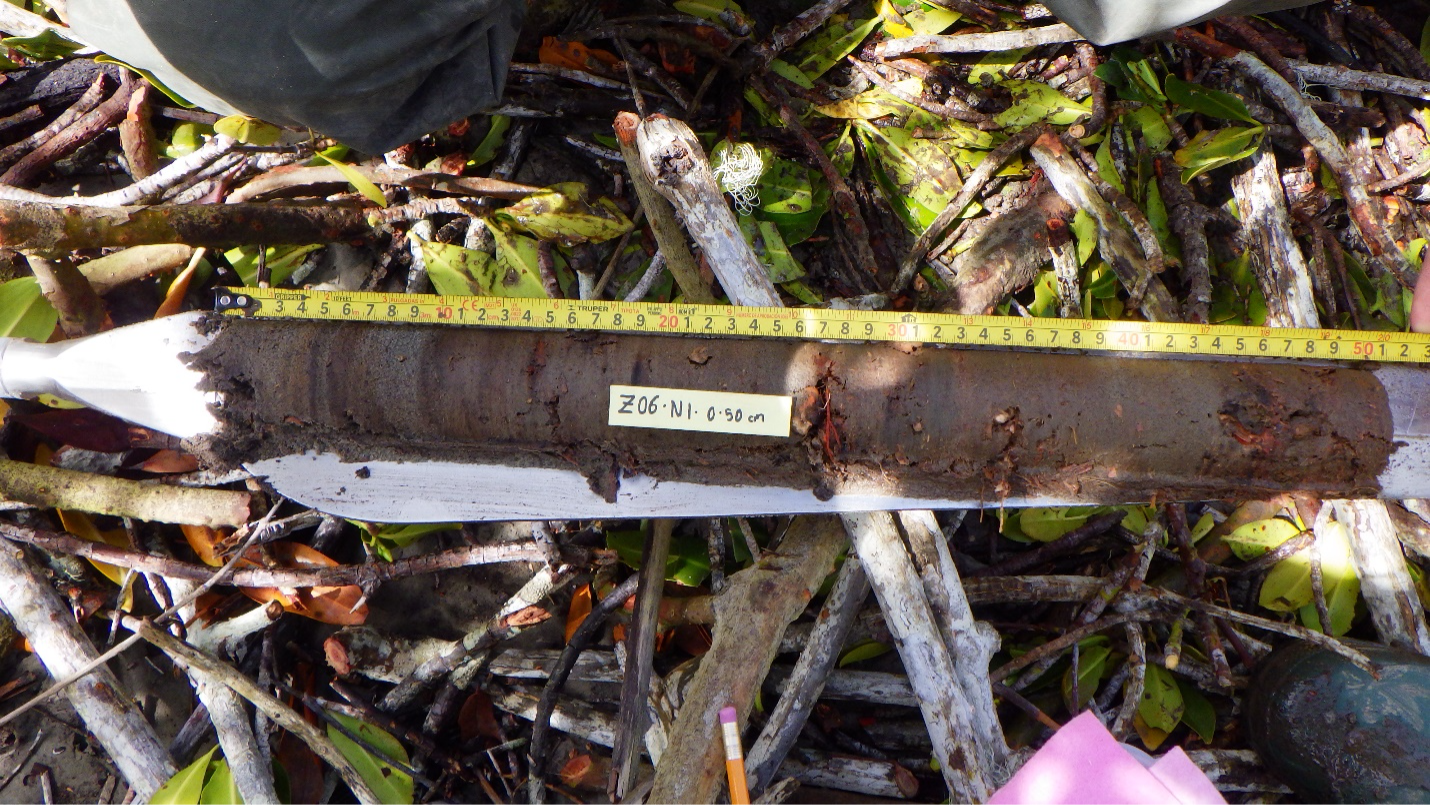
MarVivo’s work goes far beyond simply mitigating the adverse effects of emissions produced from mangrove deforestation. Mangroves are the nurseries to the world’s oceans, ultimately supporting every trophic layer, directly or indirectly. Even pelagic (deep water, open ocean) species that never venture near shore inevitably feed on food sources that began life in the mangroves or feed on the rich nutrient flows produced by mangroves. In short, without mangroves, the oceans perish, which in turn represents an existential threat to humanity.
Thank you for the leadership you have shown through your membership in Wren and your support of MarVivo. This personal commitment provides a compound contribution to the world. Not only are you doing your part to mitigate climate change by offsetting your carbon footprint, but also, you’re contributing to the conservation of an all too important and rapidly disappearing ecosystem and the life-sustaining biodiversity that it hosts.
We look forward to providing you ongoing updates on the social and environmental initiatives supported by your contributions.
All the best,
Todd Lemons CEO – MarVivo Corporation
That's all for this update! As always, thank you for your support.
— the Wren team 🧡

